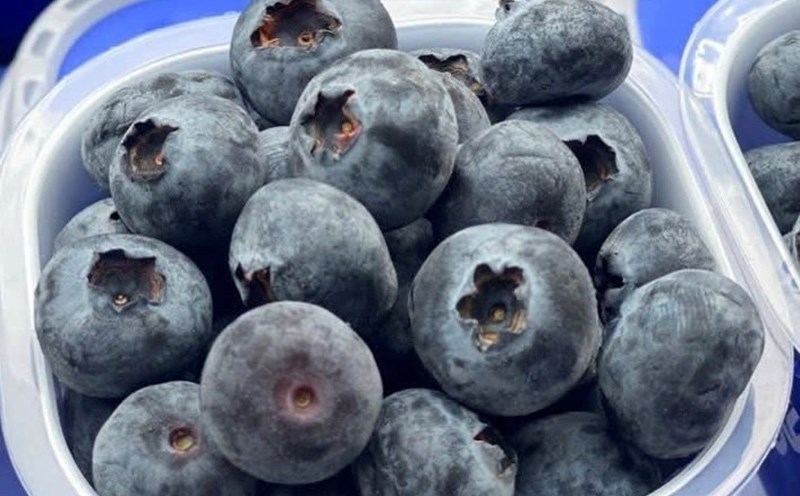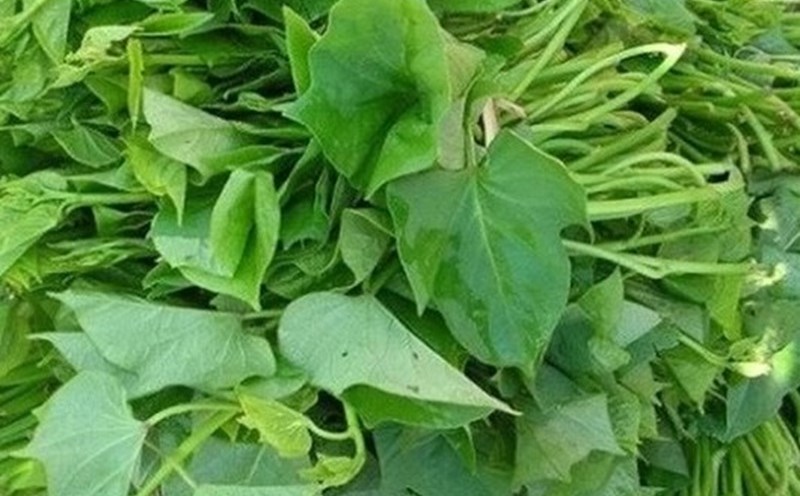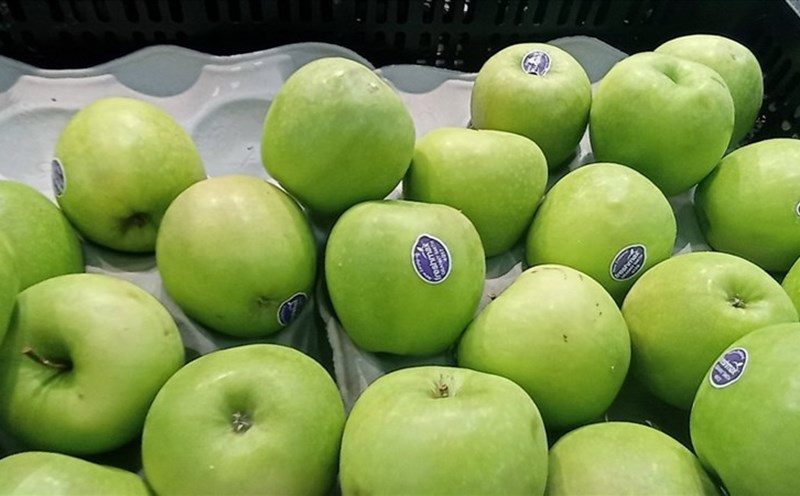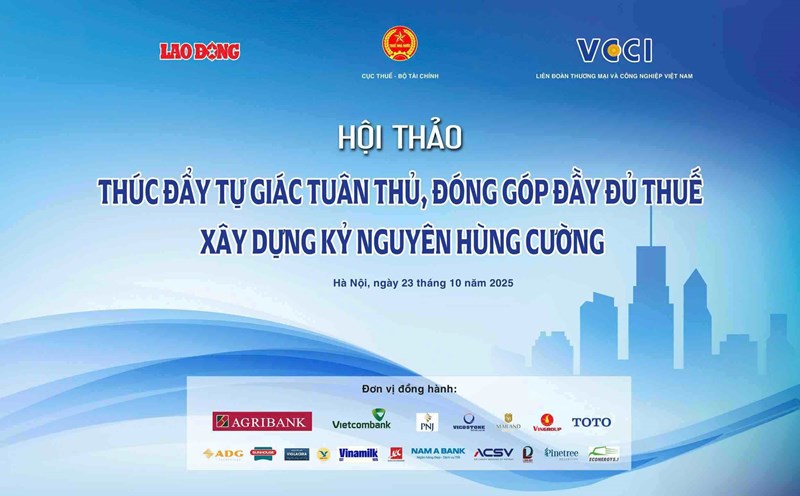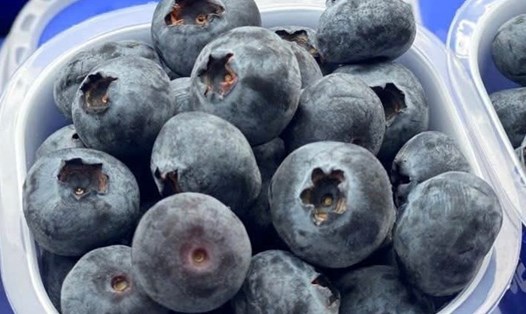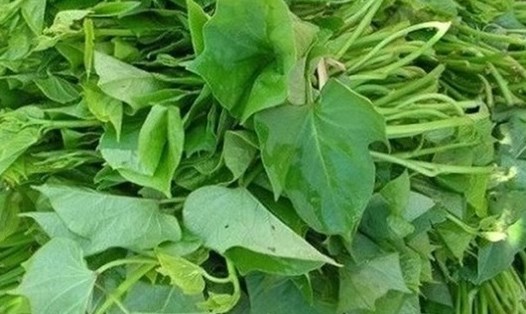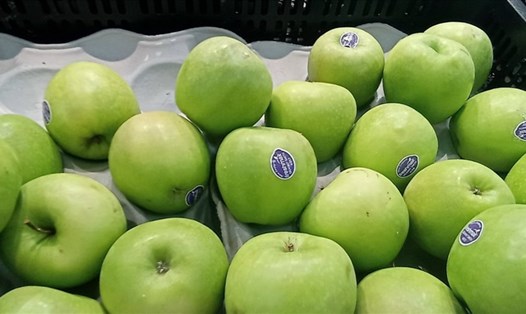Avocado is a low-purine food, meaning it does not directly promote uric production such as organ meat or some seafood. Therefore, it is a safe choice in the range for people at risk of gout.
Overview of the Mediterranean-style diet and the plant-based diet shows that reducing animal purine consumption and increasing fruits, vegetables and vegetable oils contributes to reducing serine uricides and reducing the frequency of gout flare.
Avocado provides vitamin C and many polyphenols with antioxidant properties, vitamin C has been shown to help increase urate excretion through the kidneys, thereby reducing uric concentration in the blood.
At the same time, the plant compounds in avocado can reduce oxidative stress and inflammation in kidney tissue, helping to maintain the filtering function of the kidneys. Recent nutritional analysis summarizes that avocados are a source of MUFA, fiber, and micronutrients that are beneficial for metabolism.
Many preclinical studies show that avocado extract (especially from nuts or avocado oil) is effective in reducing oxidative stress and protecting kidney tissue in animal models, while some reports have recorded a decrease in uric concentration in serum after treatment with avocado extract products.
Eat in moderation, replace bad fat sources: About 30-50g of butter (1/4-1/2 on average) per day, spread on whole wheat bread, mix with salad or with unsweetened yogurt, it is better to add butter to the serving without cutting down on other saturated fats.
When avocados replace saturated fat, metabolic benefits (reduced inflammation, improved insulin sensitivity) will help reduce biological pressure leading to increased uric acid.
Combine foods rich in fiber and low in purines: eat avocado with green vegetables, whole grains and vegetable protein to reduce total purine output and increase urate excretion through stool and urine.
Avoid cooking with sugar or oil high in omega-6: processed foods high in sugar (increased fructose) can increase uric synthesis, so prioritize fresh butter.
Avocado is a food rich in potassium; people with chronic kidney disease (CKD) or those who are taking potassium- influencing drugs (ACE- inhibitors, ARBs, some diuretic drugs) need to be careful and consult a nutritionist/ Member of the family before increasing the portion.
Health sources on kidney disease recommend personalizing potassium levels according to blood tests and disease stages.

